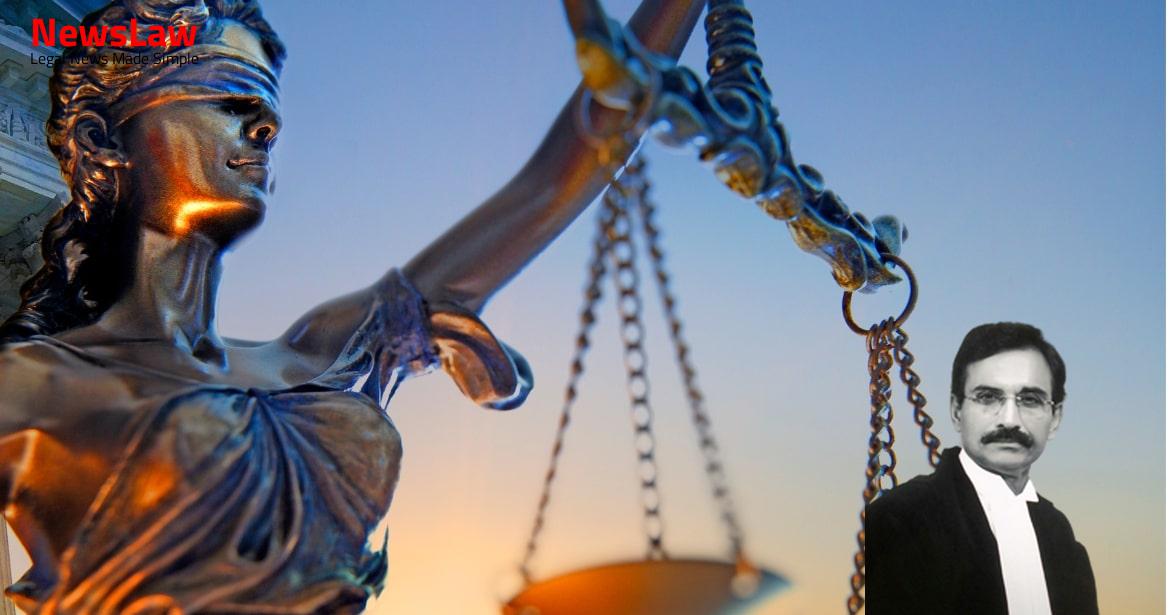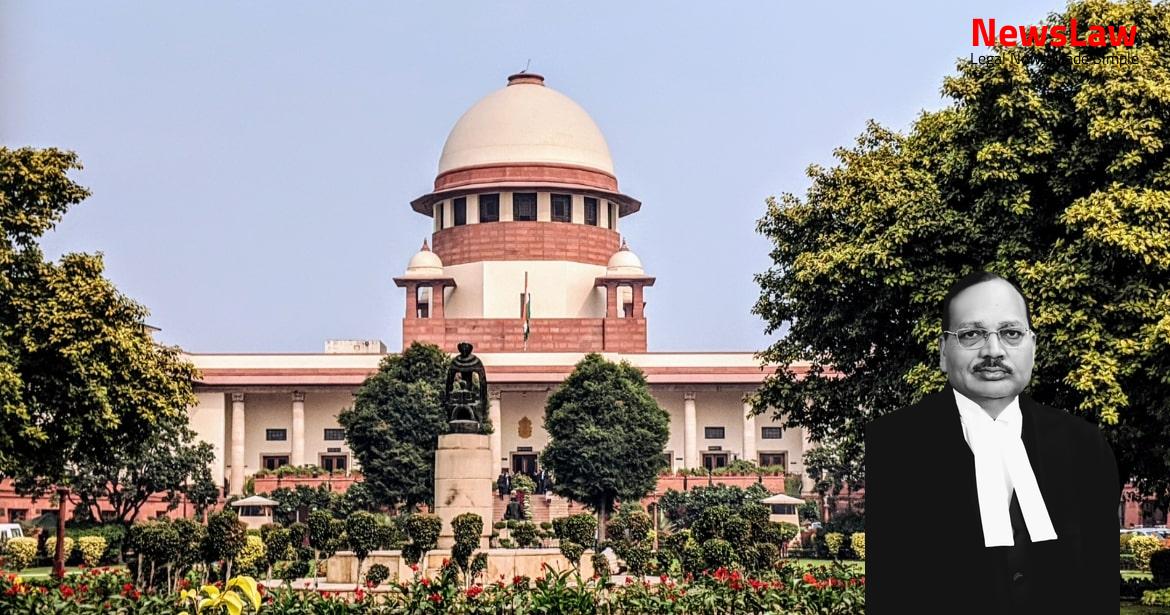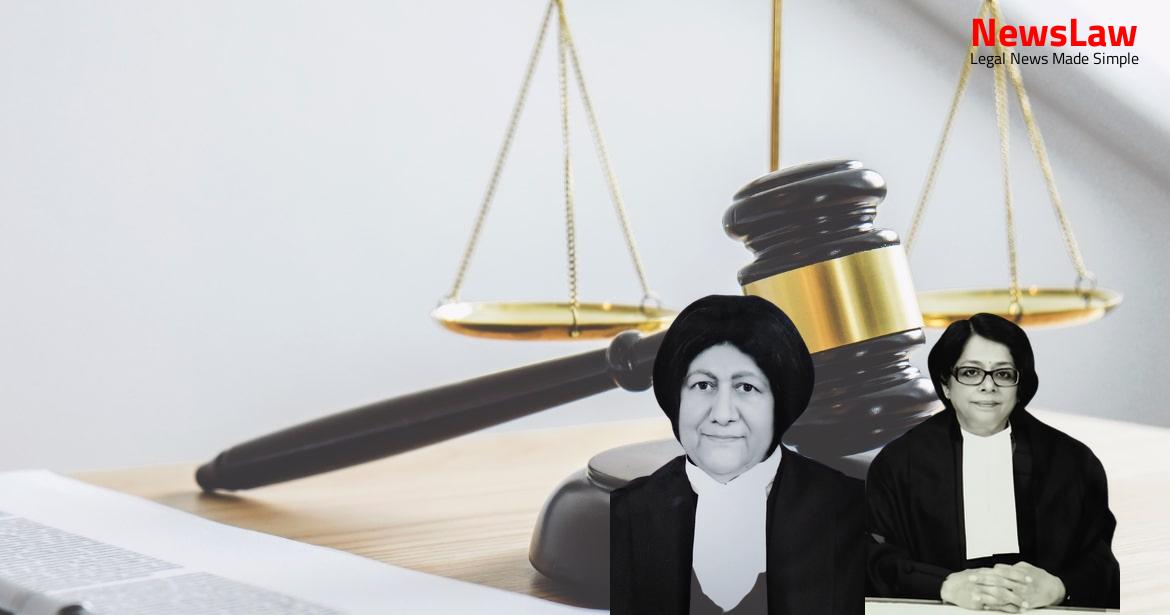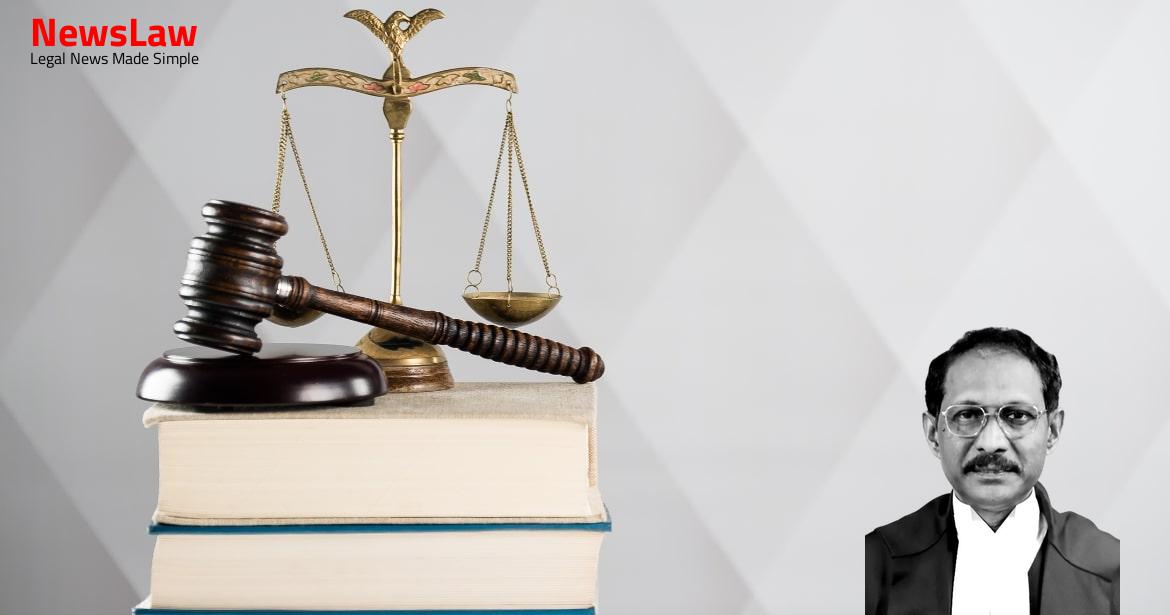Explore the intricacies of a legal case centered around a college’s recognition and admissions ban. The court’s in-depth legal analysis examined the failure of the college to rectify deficiencies, ultimately leading to the ban on admissions. Learn about the significance of adhering to regulations and maintaining quality standards in educational institutions. Dive into the complexities of the case and the implications of non-compliance with regulatory requirements.
Facts
- The first Appellant-College faced multiple rejections for renewal of permission for admissions due to gross deficiencies in infrastructure, teaching faculty, clinical material, and other physical facilities.
- The Executive Committee of the Medical Council of India recommended not to renew permission for the academic year 2014-2015, which was accepted by the first Respondent.
- The Appellant-College’s request for renewal of permission for the academic year 2015-2016 was also rejected after an inspection revealed significant deficiencies.
- The Board of Governors recommended against renewing permission for academic years 2012-2013 and 2013-2014 due to the deficiencies.
- The Medical Council of India recommended debarment and encashment of the bank guarantee for two years due to the continuing deficiencies.
- An undertaking was given by the second Appellant-College to forfeit a bank guarantee if any deficiencies were found during inspection.
- Various deficiencies were highlighted during inspections related to staff, patient care, infrastructure, and other facilities.
- Conditional recognition was granted to the first Appellant-College with specific conditions to rectify the identified deficiencies.
- Conditional recognition granted to the first Appellant-College has become invalid due to non-compliance with stipulated conditions
- The Appellant filed a Writ Petition in the High Court of Delhi challenging the order dated 21.05.2019, which was dismissed
- The Medical Council of India debarred the first Appellant-College from admitting students to the MBBS course for the academic years 2017-2018 and 2018-2019
- Proceedings are underway following a show cause notice dated 24.03.2017 with a penalty of forfeiting the bank guarantee of Rupees Ten Crores if the undertaking is found incorrect
- Executive Committee of the Medical Council of India decided not to recognize/approve the first Appellant-College for MBBS degree award
- Students admitted during certain years were shifted to other colleges
- Request to admit 150 students for academic year 2019-2020 was made and a Writ Petition was filed, which was dismissed by the High Court
- The High Court considered the lack of merit in the Appellants’ request for admissions without further inspection and noted no students in the first Appellant-College for the academic year 2019-2020
Also Read: Legal Analysis on Seniority Fixation in Contempt Petitions
Arguments
- The ban imposed by the first Respondent on admitting students on 26.09.2016 was for a period of two years only, i.e. 2017-2018 and 2018-2019.
- The High Court correctly rejected the contention of the Appellants that they were entitled to make admissions for the academic years 2019-2020 and 2020-2021 without any inspection.
- The reliance placed by the Appellants on the order dated 10.05.2018 passed by the Court in Writ Petition (C) No.423 of 2017 was deemed misplaced.
- In the aforementioned Writ Petition, the request of the Appellants to make admissions for the years 2017-2018 and 2018-2019 was rejected.
Also Read: Vertical Mobility and Selection Process in Police Department
Analysis
- Inspections conducted from 2011-2012 showed deficiencies were not rectified by Appellants.
- Dismissal of Writ Petition did not entitle Appellants to admit students without inspection for 2019-2020 academic year.
- Opportunities given to rectify deficiencies were not utilized by the Appellants.
- The Medical Council of India recommended cancellation of recognition due to lack of infrastructure and facilities.
- The Appellants’ request for admitting students in the academic year 2019-2020 was found to be infructuous.
- The High Court rightly considered the entitlement of the Appellant-College for the academic year 2020-2021.
- The High Court did not commit any fault in refusing permission for admissions in the academic year 2020-2021.
- The last date for granting permission for the academic year 2020-2021 was 31.08.2020.
Also Read: Interpretation of Section 80-IA Deductions
Decision
- The recognition was granted for a period of five years ending in 2021.
- Appellants can apply for renewal of recognition, which will be considered by the second Respondent.
- The Appellant-College is recognized and the second Respondent can take steps under Section 19 of the Indian Medical Council Act.
- An application for renewal should have been made by the Appellants on 07.07.2020.
- Admissions for the academic year 2021-2022 are contingent upon renewal of recognition and absence of deficiencies.
- The Appeal is dismissed as it lacks merit.
Case Title: CHINTPURNI MEDICAL COLLEGE AND HOSPITAL Vs. UNION OF INDIA (2021 INSC 44)
Case Number: C.A. No.-000155-000155 / 2021



